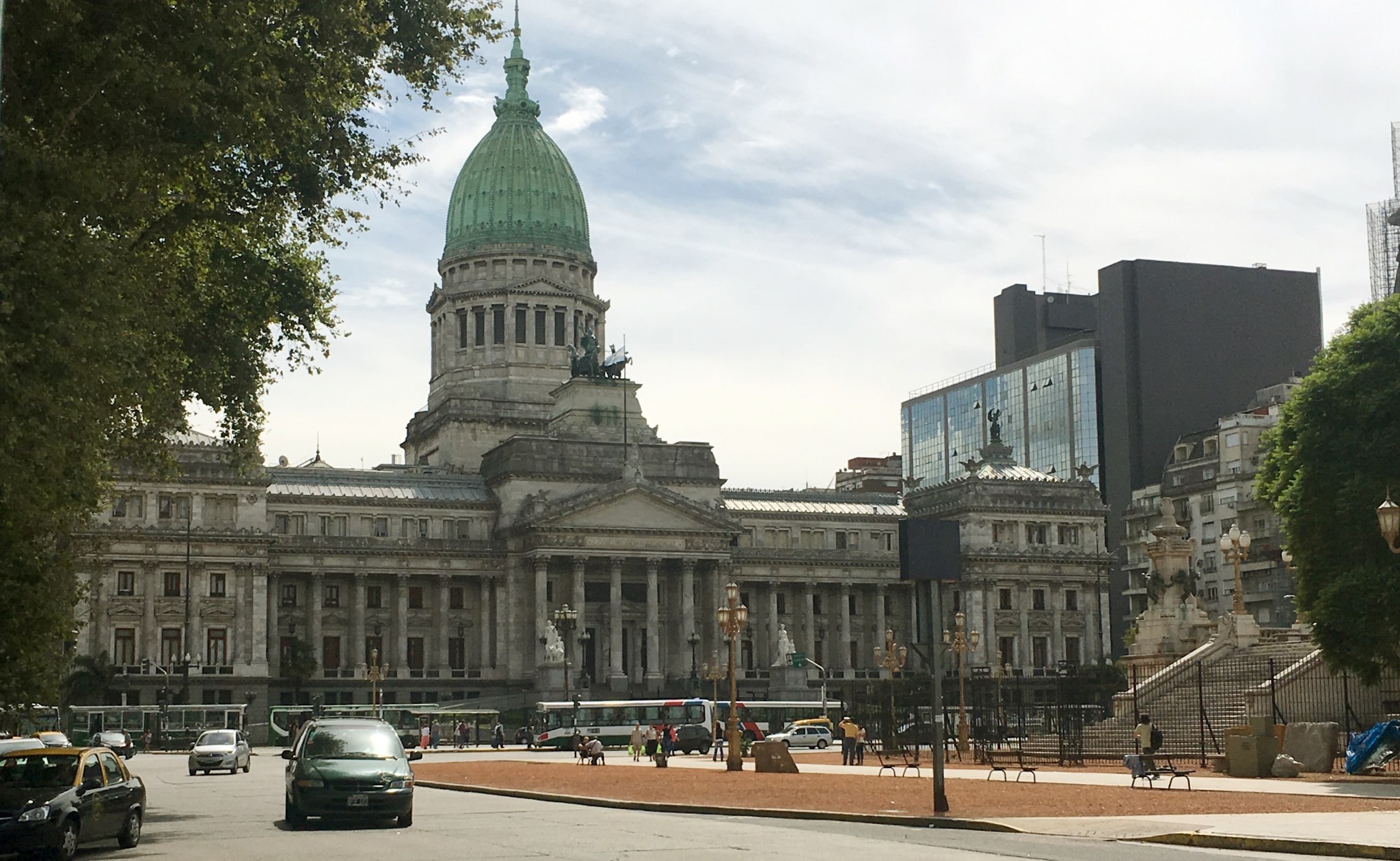
In recent years, Argentina’s economy has been challenged by high inflation and unemployment, defaulted bond payments, and almost no growth. Corruption has been a challenge, with Transparency International ranking the country behind neighbors such as Brazil, Uruguay, and Chile. Former president Cristina Fernández de Kirchner was recently indicted on corruption charges.
Last year was a test for President Mauricio Macri, who took office in December 2015 on a platform of change following nearly 13 years of rule by Cristina Fernández and her late husband Néstor Kirchner. However, Macri’s coalition of center-right parties failed to obtain a majority in the race that won him the presidency—meaning his administration had to be comprised of opposition parties controlling both Deputy and Senate chambers. Though, this “test” has proven to be an opportunity as well.
Last year, the Macri administration and Argentina’s Congress had one of the most productive sessions in recent Argentine history. The government resolved conflicts with international “holdout” creditors who declined a debt restructuring deal following Argentina’s default in 2002. The government began producing credible economic statistics, eliminated tariffs and quotas, and cut red tape for investment. Macri’s administration began working closely with opposition parties to pass a government modernization program, focused on increasing transparency, professionalization, and the use of technology. Moreover, Congress passed a law on access to public information and a robust anti-corruption statute, reversing Argentina’s status as an outlier on the matter.
President Obama’s March 2016 visit to Buenos Aires followed a series of visits to the United States by Argentine deputies (congressional representatives), all of which highlighted Macri’s interest in reestablishing frayed ties with neighbors in the hemisphere. Starting last fall, IRI began a dialogue with Argentina’s Chamber of Deputies. In November, when hundreds of Argentines were in the U.S. to experience our electoral processes, IRI met with leaders of four major political parties who expressed a common desire to continue modernizing Argentina’s government.
Despite the impressive start on the part of President Macri and the Argentine Congress, there is more to be done. The administration is working to secure Argentina’s long-term economic growth primarily through increased private sector investment. Yet as the country’s recession continues, foreign investments have slowed. More public spending does not appear to be a viable means to achieving structural reforms. And in a country where one out of three Argentines work for the government, further attempts to right-size the public sector could erode popular support for Macri.
Ghosts of previous administrations are still on the scene. Despite corruption probes into her presidency, Cristina Fernández continues to be an influential figure. Her allies will likely decry any reductions in social spending ahead of this fall’s 2017 legislative elections. An attendant backlash could threaten the good governance agenda that Macri has introduced since coming to power. Government transparency—in most circumstances a nonpartisan public sector issue—could suffer collateral damage.
Argentina’s potential to make strides in the area of governance is probably not on the minds of diplomats and foreign donors. Compared to the dire circumstances faced by other peoples in the region—Venezuela and Nicaragua—Argentina’s efforts at self-improvement seem less than urgent. Yet, Argentina is a big country and an influential one. Its example of improving democratic governance can turn the tide in other countries that wandered off course in the last decade.
Support from the international community would help Argentina consolidate many of the transparency and economic reforms made under the modernization agenda. Now is an important moment, one the international community should not ignore.
Top